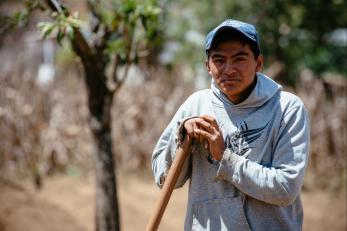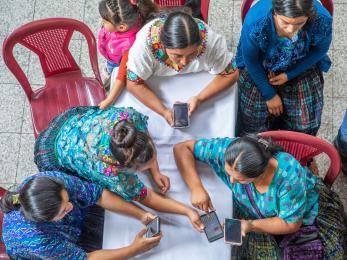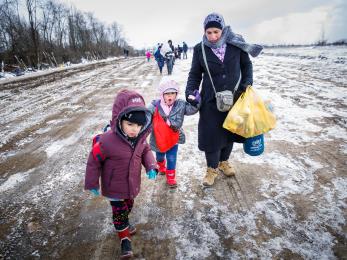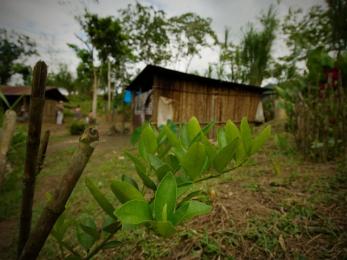Subsist or Persist? Assessing Drivers of Migration and Effects of Foreign Assistance Programs on Migration from the Northern Triangle

Download the executive summary (English) ▸
Download the full report (English) ▸
Download the executive summary (Spanish) ▸
Download the full report (Spanish) ▸
With forced displacement and economic migration on the rise, immigration has become one of today's most contentious issues, sparking debates about human rights, international obligations and national interest. In late 2018, as a caravan of migrants from the Northern Triangle region (El Salvador, Guatemala and Honduras) of Central America made its way to the United States, these debates, again, came to the forefront. A point of contention has been the impact that U.S. development assistance to these countries has on the underlying causes of migration, raising questions about whether this assistance is ineffective and should be cut in favor of policies focused on tougher immigration restrictions.
There is a growing thirst for evidence for programs that work to justify policy and donor investment. While migration will inevitably continue to present challenges for policymakers, this report aims to help shift the conversation away from increasingly polarized political views, towards identifying solutions rooted in evidence.
Drawing on pre-existing research and new research (surveys and interviews) from Mercy Corps Guatemala programs, this report examines factors causing people to flee Central America — including economic hardship, climate change, and violence — and the links between development programs in the region and migration. By examining two Mercy Corps programs focused on agricultural development and urban violence prevention, this report integrates the wide-ranging voices and experiences of men, women, boys, and girls in Guatemala who are the targets of policy decisions related to migration and as a result, directly affected by them. The report concludes with recommendations on how U.S. policymakers can advance policies that effectively and humanely address migration from Central America.


